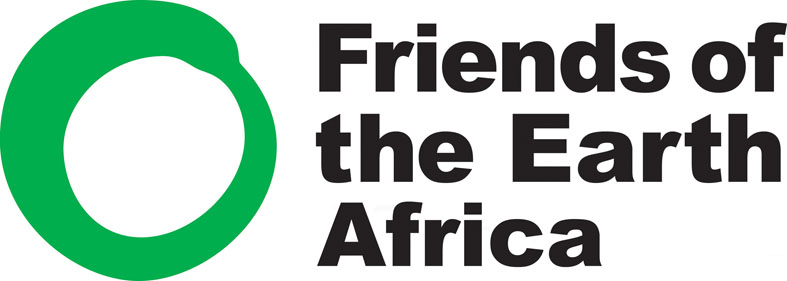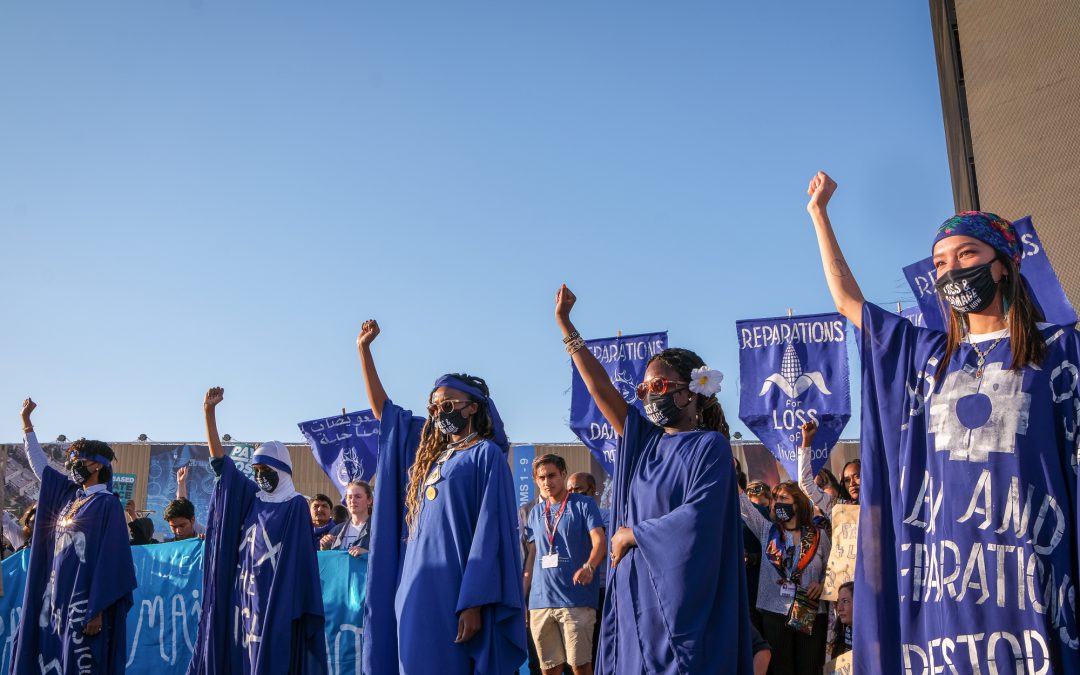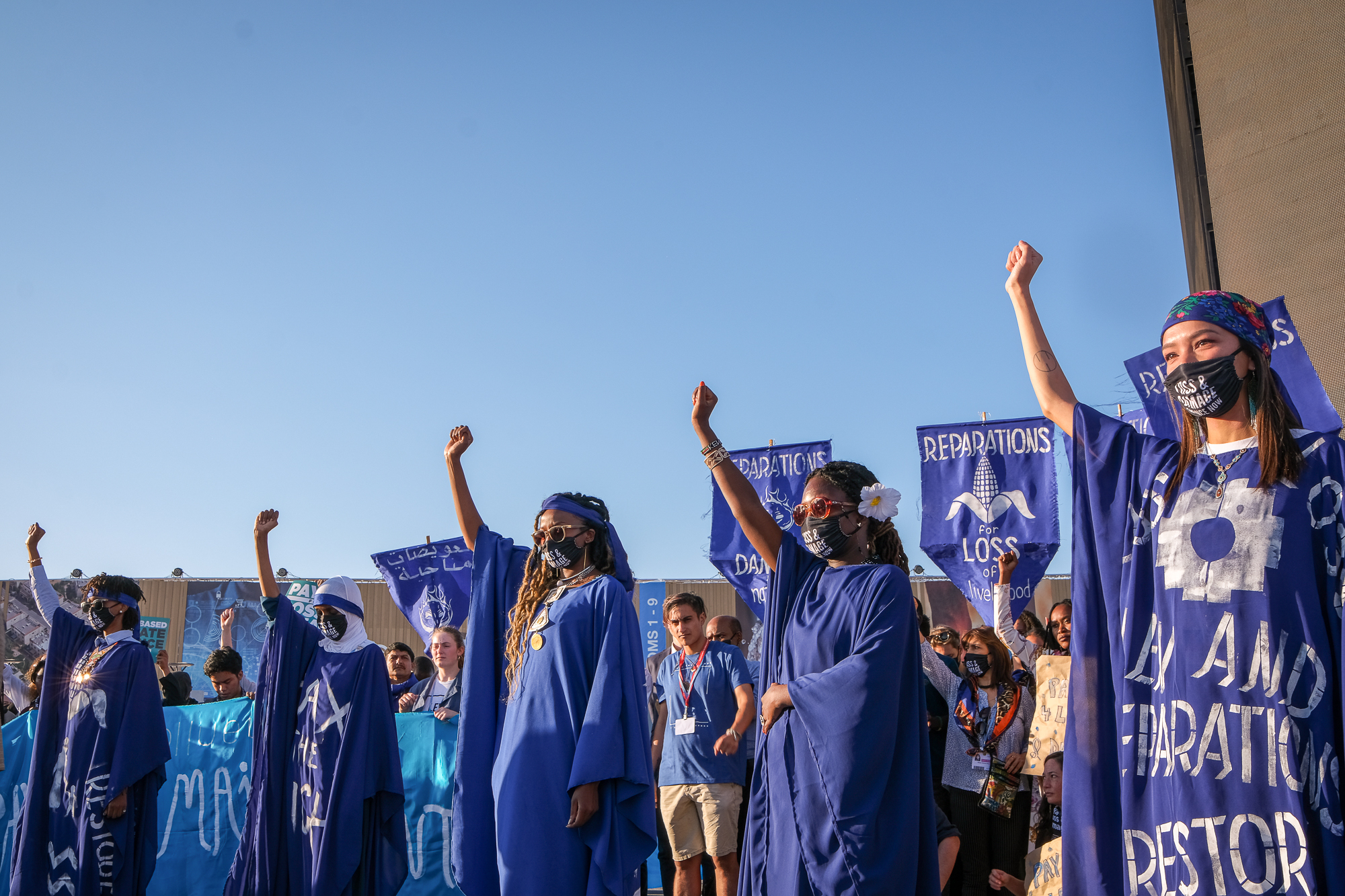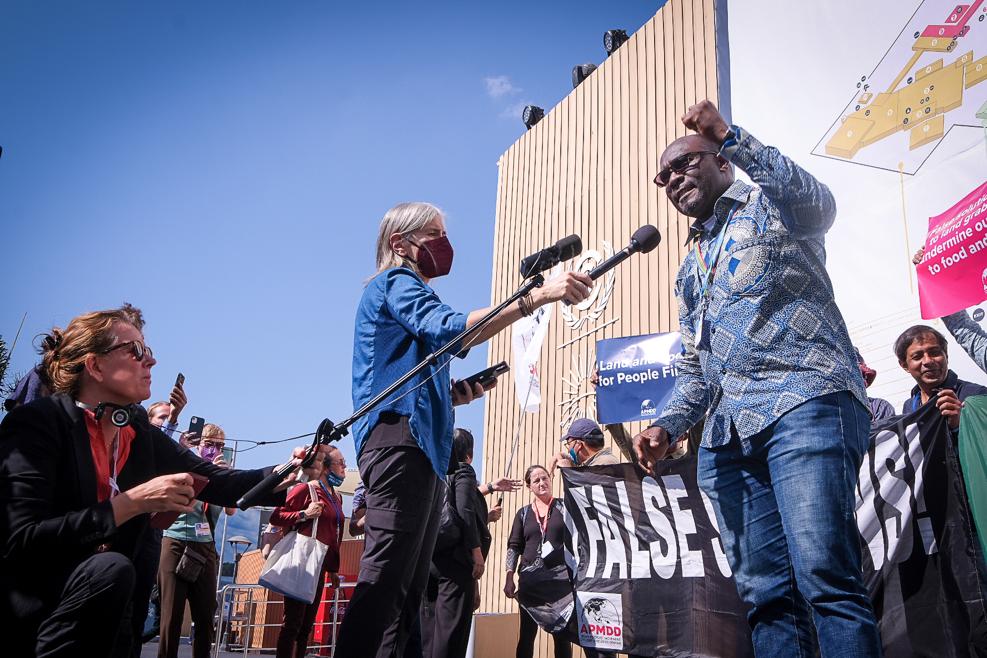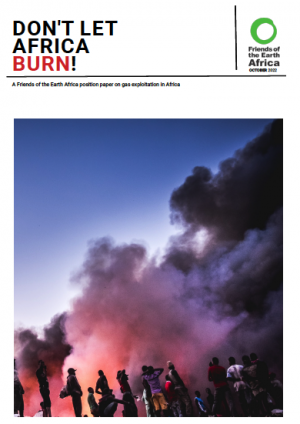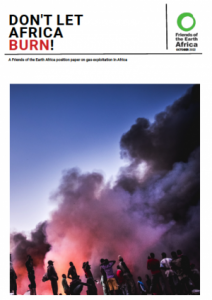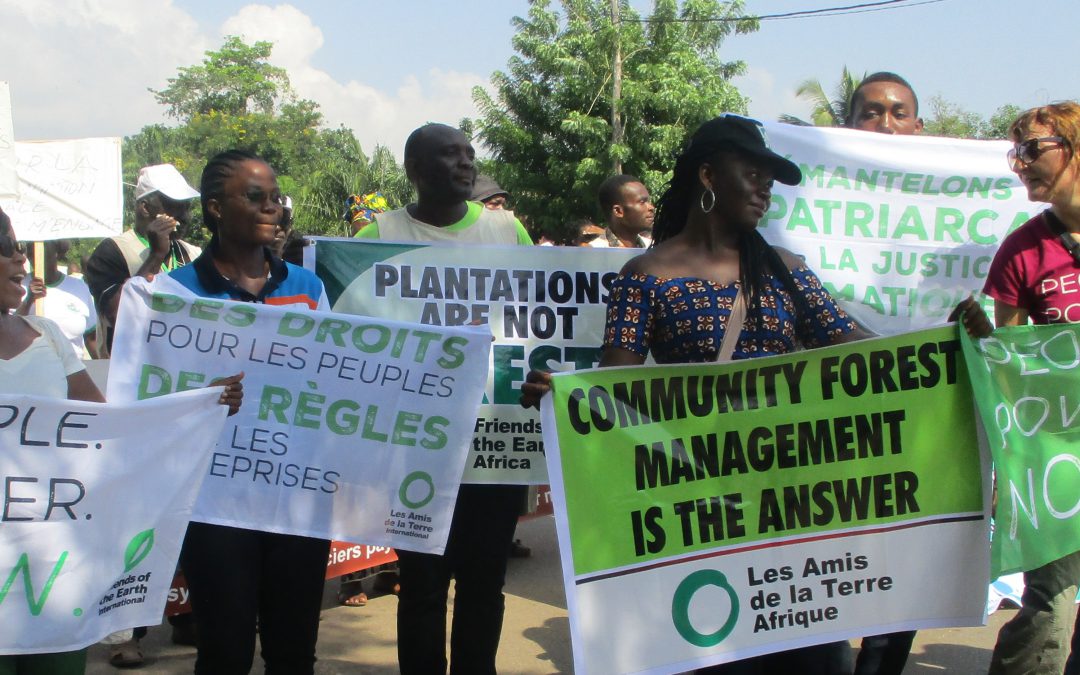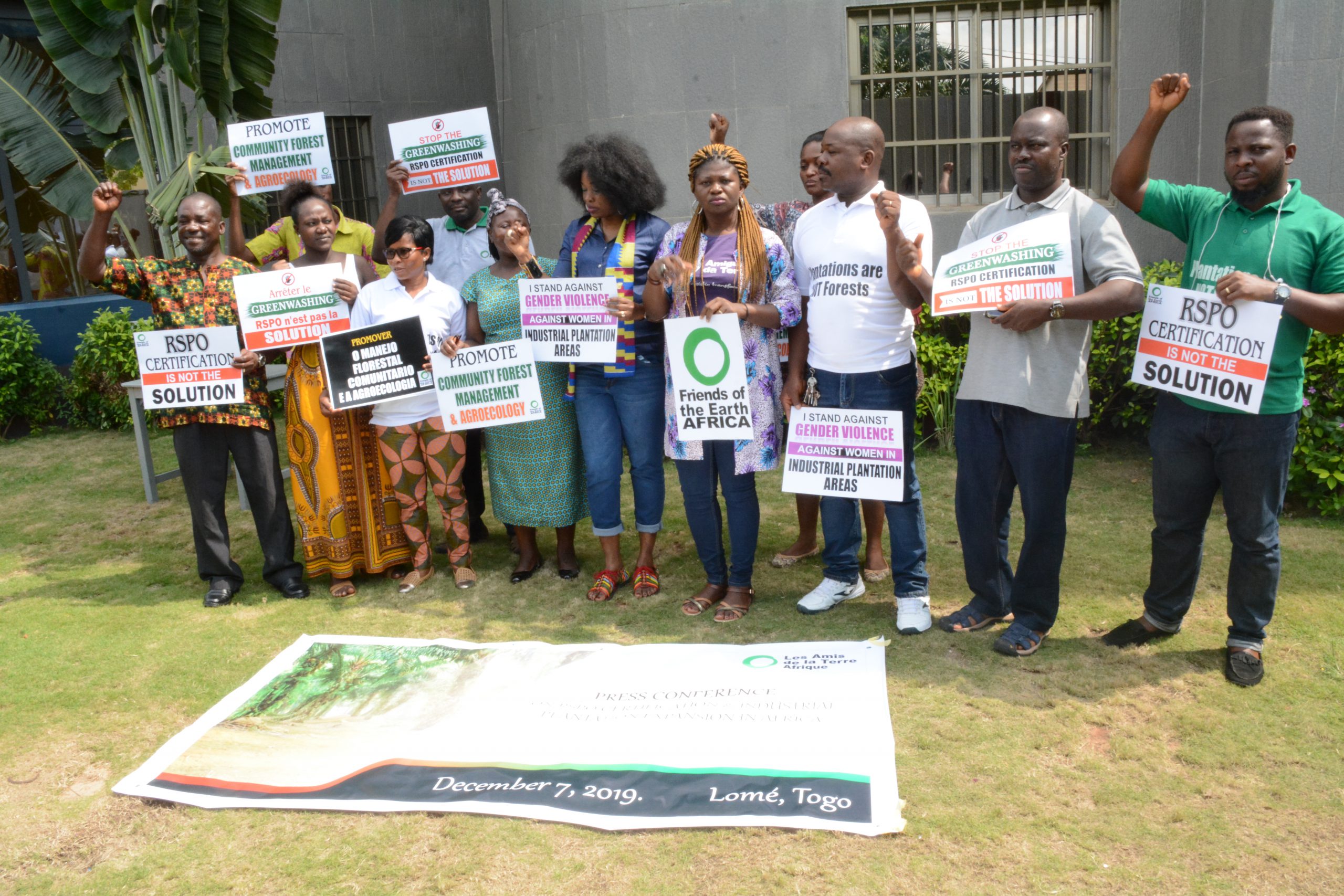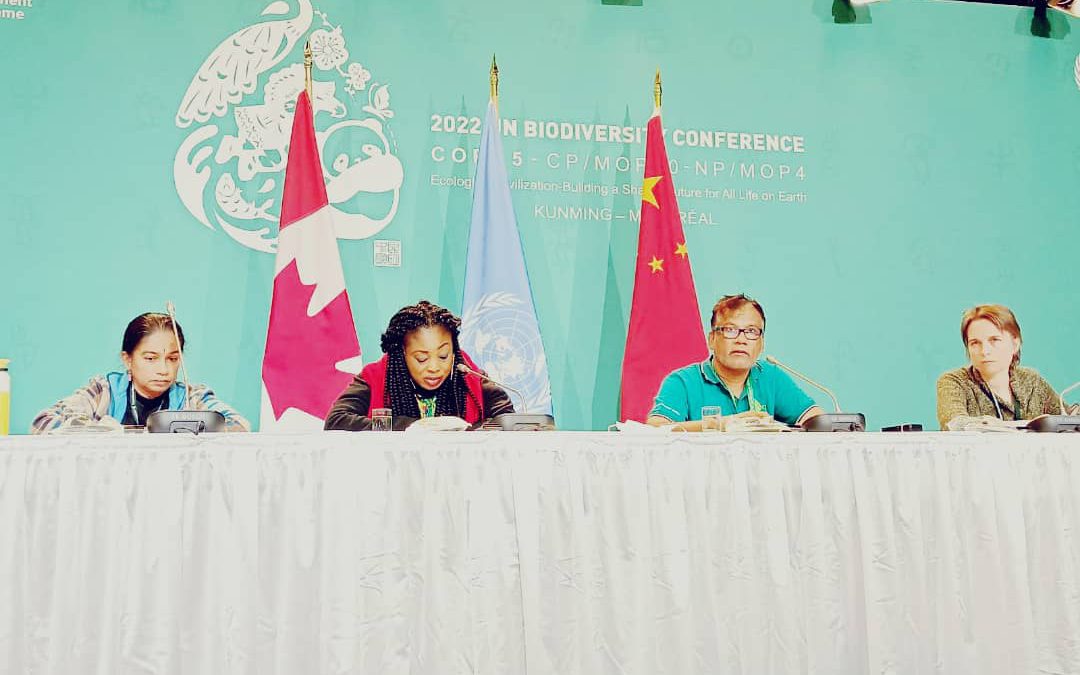
Friends of the Earth finds the new global biodiversity framework “not fit for purpose”

Montreal – The new Global Biodiversity Framework (GBF) announced today fails to lay the groundwork for the transformational change needed to address the biodiversity crisis. The Chinese presidency adopted the text despite clear opposition from the Democratic Republic of Congo, ignoring a process the COP15 president himself had laid out.
Friends of the Earth International is deeply concerned about the way in which the GBF was adopted. The environmental federation warns that the corporate capture of the Convention on Biological Diversity (CBD) blocked the pathways that lead to the system change needed to protect biodiversity. “The text does not stipulate any regulation on corporations and instead promotes greenwashing measures such as “Nature-Based Solutions”, which allow for offsetting for environmental destruction,” says Nele Marien, Forests & Biodiversity Coordinator.
The new GBF does not stop the destructive advance of agribusiness, the main driver of biodiversity loss. Instead, it promotes agribusiness through concepts such as “sustainable intensification” and “innovation”.
Mariann Bassey-Orovwuje, Food Sovereignty Program Coordinator for Friends of the Earth Africa and Deputy Director Environmental Rights Action says “Proper oversight of biotechnology developments is becoming harder and harder because of the rising influence of biotech/agribusiness lobbies, specifically Gates money. While the CBD had agreed on the need for a regular and broad mechanism for horizon scanning, assessment, and monitoring, those interests successfully cut down to only agreement on a one-time initial round, narrowed what was supposed to be broad, and gutted the references to biotech in the GBF to the point of meaninglessness – even cutting out references to Precaution. The underlying problem is private money buying influence over this convention- just as it has done in the UNFCCC and elsewhere.”
Hemantha Withanage, Friends of the Earth International’s Chair, says: “We welcome that the new framework to protect biodiversity does not mention “Nature Positive”, one of the proposed greenwashing measures that opened up new possibilities for offsetting biodiversity destruction, rather than halting it. However, the same ideas are still there implicitly. There are also problematic references to biodiversity offsets and credits.”
“Fortunately, the text recognizes environmental defenders, and there is a recognition of indigenous and traditional territories. However, it is a pity that the document does not recognize them as a specific category for the fulfillment of the objective on protected areas.”
Friends of the Earth International will continue to work alongside local communities worldwide and Indigenous Peoples, who are building the system change we need to protect biodiversity.
Contacts:
In Montreal: SP & ENG: José Elosegui, jelosegui@gmail.com, +598 98 846 967
ENG: Shaye Skiff, kskiff@foe.org, +1 202 222 0723 FR & ENG: Caroline Prak, caroline@foei.org , Mariann Bassey Oruvwuje annybassi@yahoo.com
